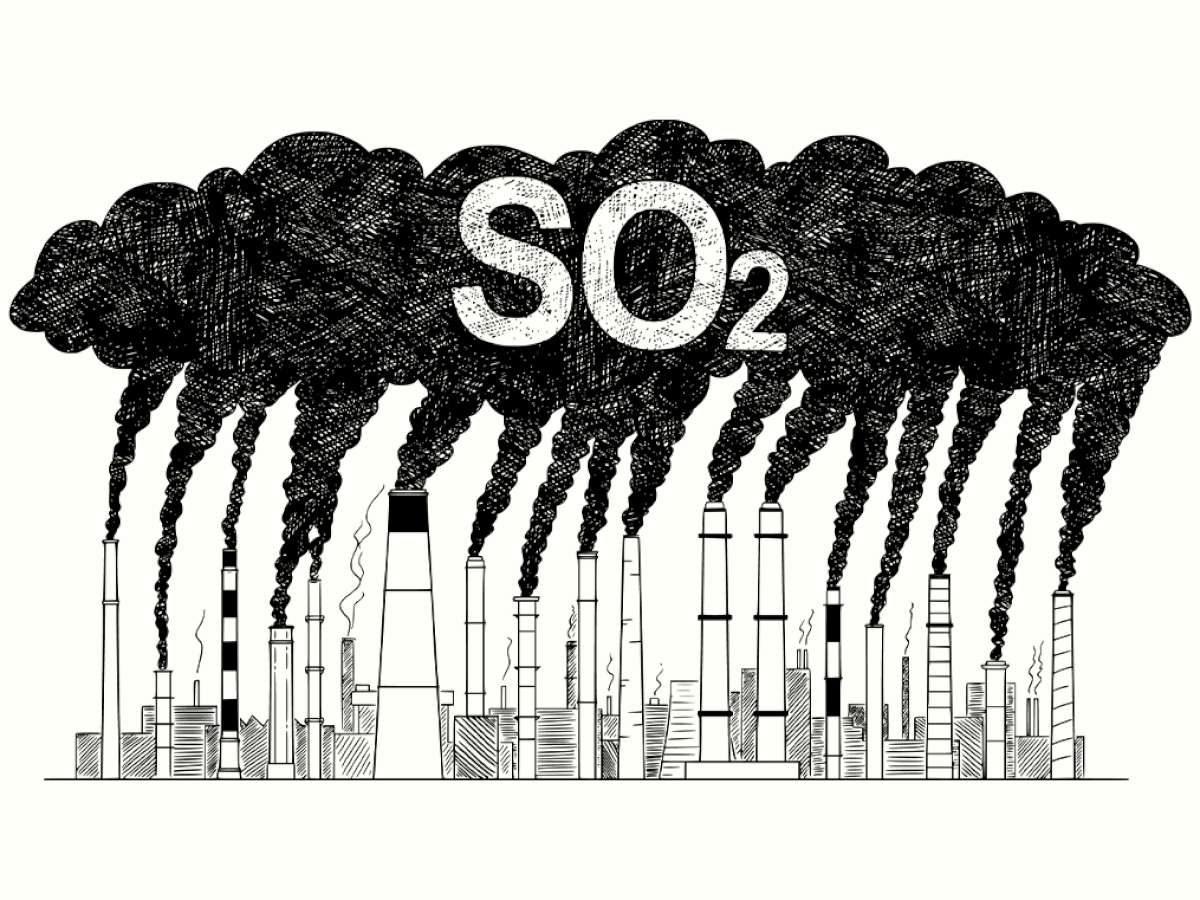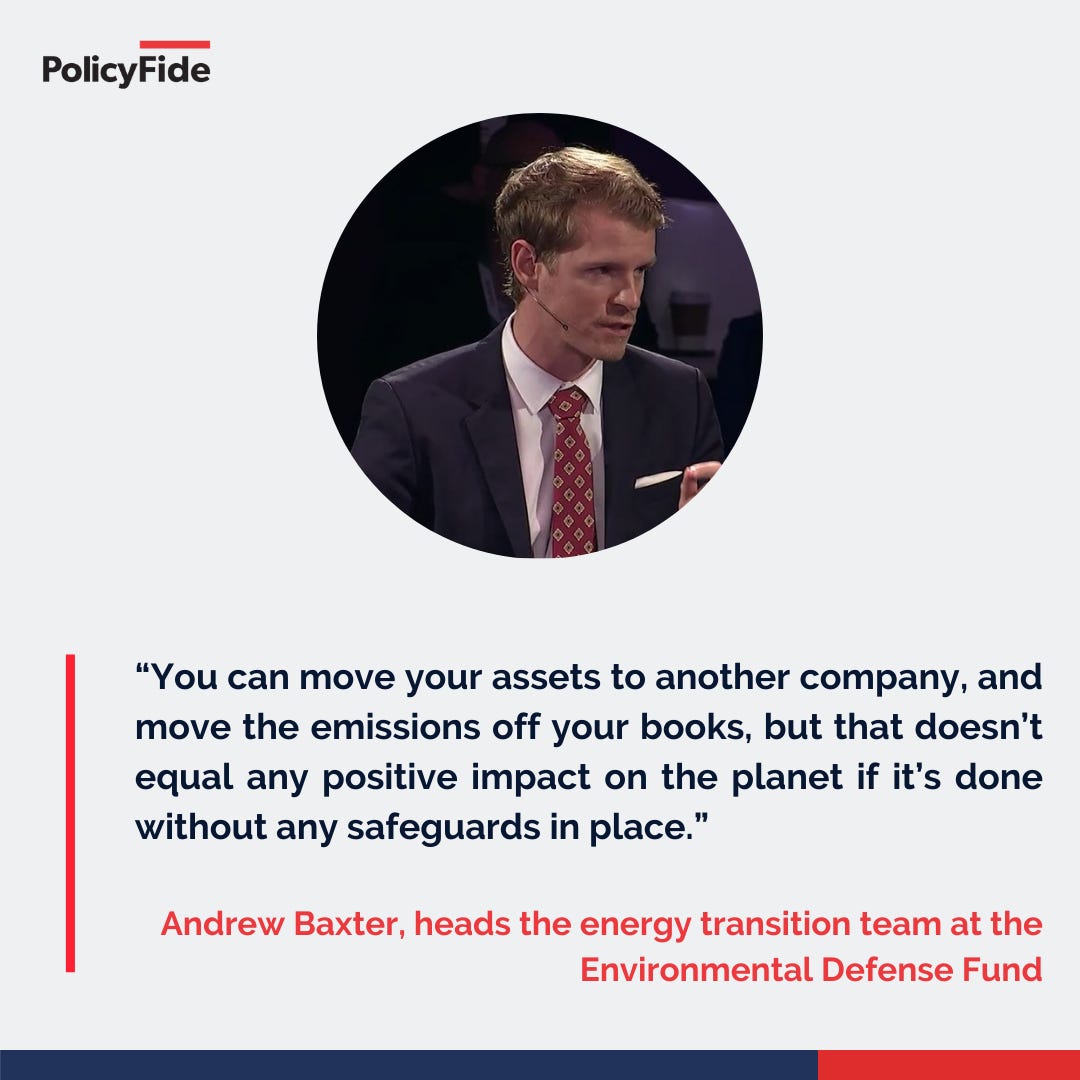Committed towards a green future?
Job Board + Oil Giants + Zero Covid + World Bank
Hello, hope you are having a great Sunday. This week we reflect on how oil & gas industries set targets for reaching the net-zero commitments and what is Zero-Covid Policy of China is and its global impact.
Top Jobs of the Week
Editorial Intern, Spontaneousorder.in, Centre for Civil Society
To Apply, send CV and writing sample- paavi@ccs.in
Research Analyst, CRISIL Limited
To Apply, click here
Senior Analyst- Global Regulatory and Public Policy, Deloitte.
To Apply, click here
Research Analyst, NeisenQ
To Apply, click here
Commitments to Control Climate Change
As the heatwaves, and unprecedented weather patterns persist, climate change is becoming a growing challenge for the human race. Combatting and controlling these patterns are necessary for a better future, and oil and gas industries play a key role.
Given this, we look into two reports wherein, the first one emphasizes how companies are setting unrealistic goals to reduce emissions. The second report focuses on how the oil giants are selling off assets to buyers with nil net-zero commitments.
How credible are the climate targets set by the companies?
The Absolute Impact report focuses on the climate targets set by the companies to reduce emissions and has warned them that most of them are failing to reach the targets.
The companies like Eni SpA, Conoco Phillips, and Occidental have pledged to cut their level of emissions and construct plants for carbon capture.
However, the report brings to light the issues with this approach. One, the trees will be cut for building plants, and there is no plan to plant new trees. Second, the companies plan to reinject CO2 into reservoirs to extract more oil which will likely lead to the production of more oil.
The other side of the coin
Another study paints a completely different picture of such oil giants who on one hand have their climate targets set but also have other plans that are being a hindrance in reaching the targets.
The energy companies plan to sell more than $100 billion of oil fields and other polluting assets to cut their emissions. However, the buyers they are selling to, do not have any set climate targets and are committed to intensifying fossil fuel production.
The report brought to light 3,000 oil and gas deals, between 2017 and 2021, which involved the moving of assets from owners with net-zero commitments to those that didn’t.
The main challenge here is that, the climate targets are being fulfilled on the paper. In reality, assets are continuing to pollute the environment at a greater rate, but away from the public eye.
(Sources: McKinsey & Company, Bloomberg, NewYork Times, Carbon Tracker Initiative)
Is China’s zero-Covid Policy sustainable?
China recently introduced lockdown measures by sealing its two major cities, Beijing and Shanghai amidst growing cases of Covid. These measures were taken under China's Zero-Covid Policy.
The World Health Organisation’s chief on the 10th of May 2022 announced that China's zero-Covid strategy to defeat the pandemic is not sustainable. Here, we deliberate on what is the policy and how it has impacted the global economy.
The Policy
To avoid community transmissions, China's zero-COVID policy entails measures ranging from strict lockdowns to sealing entire neighbourhoods across the country. Shanghai and Beijing had been under lockdown for a while now.
The officials had barred the residents from leaving their homes for any reason other than medical emergencies. To improve the situation, authorities allowed them to go outside in May only after confirming that there were no cases reported outside quarantine zones for two days in a row.
The Global Impact of the Policy-
Slacking import and Export- The zero-Covid policy led to the shutting down of factories and the shipping delays across Shanghai and Beijing. This further led to decline in exports,which fell to 3.9% in April, its weakest level since June 2020. Imports were stagnant in April, showing almost no growth amid restricted domestic demand.
Worsening Trust and Trade- The analysts believe that the trade figures will further deteriorate due to the stringent lockdown measures in place. In addition, the European Chamber of Commerce in China highlighted that the European firms have lost business confidence over China's rules and supply chain disruptions.
The negative impact in figures- The world’s second-largest shipping company, Maersk, brought to focus how lockdown will give an unprecedented push to the transport costs and truck services. This will increase the freight charges and the business will divert the cost on customers who will have to bear the brunt of the price rise.
(Sources: Business Standard, The Lancet, Deutsche Welle)
World Bank’s Commodity Markets Outlook Report 2022 has a take on Surging prices-
Trade and commerce worldwide have witnessed a rapid slowdown due to financial vulnerabilities in the global political and economic system.
If you found our newsletter meaningful, please share it with your network. We believe word-of-mouth is the way to grow and we look forward to your support.








